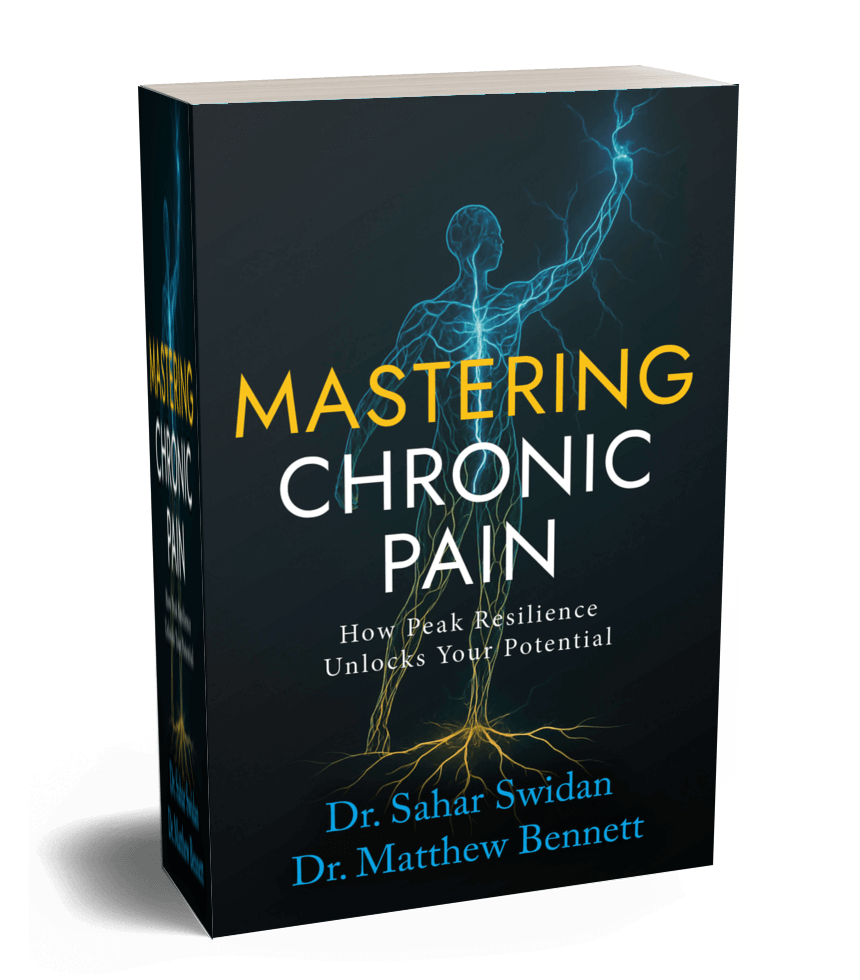Artificial intelligence is transforming how healthcare providers deliver care and measure patient satisfaction. From automated scheduling systems to personalized treatment plans, AI-powered tools are addressing long-standing challenges in the industry. This article explores six key applications backed by insights from healthcare experts who are implementing these technologies in real-world settings.
- Faster Follow-Up Messaging Reduces Wait Times
- Streamlined Scheduling Increases Appointment Availability Daily
- Proactive Feedback Systems Strengthen Patient Trust
- Personalized Care Plans Enhance Patient Understanding
- Chatbots Provide Ideal First Line Contact
- Sophisticated Intake Assessment Systems Optimize Matches
Faster Follow-Up Messaging Reduces Wait Times
At Health Rising DPC, the clearest jump in patient satisfaction came from using AI to handle the small but time-heavy tasks that used to slow everything down. The biggest win has been faster follow-up messaging. When someone sends a question about labs or symptoms, AI helps sort the message, pull the right chart details, and draft a clean summary so I can respond quickly without missing anything important. Patients feel the difference right away because they no longer wait half a day for clarity on something that feels urgent to them.
We measured the change in a simple way. We tracked response times before and after using the tool, then looked at how often patients mentioned communication or clarity in their monthly feedback forms. Response times dropped from hours to minutes most days, and the number of comments about feeling “heard” or “not left hanging” went up noticeably. Nothing fancy, just shorter waits and smoother conversations, which is what most people really want when they reach out to their doctor. If you want to see how these tools shape your own care here, just ask during your next Health Rising DPC visit.

Streamlined Scheduling Increases Appointment Availability Daily
AI has noticeably enhanced patient satisfaction in my practice for the better by streamlining every aspect of care: from intake to follow-ups. I’ve utilized an AI-powered system that looks into patient histories and highlights key details before appointments. It alone saves me minutes per visit, so I can make several more appointments a day without a drop in quality.
Patients have said they like not waiting weeks for an appointment and not sitting in a waiting room for as long. Following implementation of this system, our patient satisfaction surveys demonstrated a significant increase in the number of comments relating to “quick service” or “efficient communication.”
The most rewarding thing for me to see is patients who feel that their time is valued. For many people, receiving care promptly—without lengthy holds or delays over lab results—also makes them more likely to follow through on treatment.

Proactive Feedback Systems Strengthen Patient Trust
Recently, we noticed that some patients left their appointments feeling uncertain about their next steps or anxious about follow-up care. To address this, we introduced AI-assisted feedback and communication tools that allowed us to stay connected beyond the visit. The system analyzed post-visit responses and identified patients who might need reassurance or additional guidance. It then prompted our team to reach out proactively – often within hours – to answer questions or clarify instructions.
One memorable case involved a patient who expressed confusion about her follow-up schedule. The AI system flagged her feedback immediately, allowing our staff to contact her the same day. That simple, timely interaction not only eased her concerns but also strengthened her trust in our care.
To measure the impact, we compared patient feedback trends before and after implementing the AI system. Within six months, overall satisfaction scores increased by 20%, and patient comments mentioning “communication” and “follow-up” nearly doubled. These insights confirmed that proactive engagement directly contributed to greater patient confidence and satisfaction.
This experience highlighted two key insights:
* Proactive Care: AI can recognize patient concerns early, giving us the chance to respond before dissatisfaction develops.
* Enhanced Connection: Patients value responsiveness as much as treatment itself; being heard and supported greatly influences satisfaction.
Ultimately, this reinforced that AI’s true value lies not in replacing human touch, but in amplifying it – helping us deliver care that feels personal, timely, and compassionate.

Personalized Care Plans Enhance Patient Understanding
In my practice, AI has enabled us to provide more personalized and accessible care plans to our patients. After more than 20 years of practicing chiropractic, I know that patients feel most supported when they understand why an exercise or lifestyle change is a good idea.
The AI tool we employ compiles notes, patterns, and the progress of each visit, so I can enter the room with small changes in mobility, posture, or pain behavior already known before our interaction. I am thereby able to concentrate on the patient instead of the details. It also allows me to construct more empathetic and actionable recovery plans, as I am able to describe trends in understandable, behavior-based language that patients grasp readily.

Chatbots Provide Ideal First Line Contact
The best use of AI I’ve found in my practice is definitely our chatbot. It’s an ideal first line of contact that’s always available, friendly, and welcoming, and it does a good job of taking down essential information and escalating patient concerns to a nurse or doctor as is appropriate. We use patient experience follow-up surveys frequently in our practice, and we’ve noticed a significant uptick in satisfaction since implementing our chatbot.

Sophisticated Intake Assessment Systems Optimize Matches
As an Executive Director with extensive experience in mental health program development, I’ve observed significant potential for AI technology to enhance patient satisfaction through improved therapeutic matching and streamlined care coordination, though implementation requires careful consideration of privacy and clinical ethics.
The most promising AI application involves sophisticated intake assessment systems that could analyze client presentation patterns, trauma histories, and treatment preferences to recommend optimal therapist matches based on specialized training and therapeutic approach compatibility. Traditional manual matching often prioritizes schedule availability over clinical fit, potentially leading to longer treatment timelines and reduced satisfaction when clients feel misunderstood or inappropriately supported.
AI-powered scheduling optimization could also address one of mental health care’s persistent challenges—reducing wait times and improving appointment accessibility through predictive analytics that anticipate cancellation patterns and optimize provider schedules. Mental health clients often struggle with consistency, making flexible, responsive scheduling systems particularly valuable for maintaining therapeutic engagement.
The measurement opportunities include tracking treatment engagement rates, therapeutic alliance scores, and completion rates across different matching methodologies. However, successful implementation would require robust privacy protections, clinician training on AI-assisted decision-making, and clear protocols ensuring technology enhances rather than replaces human clinical judgment.
The ultimate goal involves leveraging AI to remove administrative barriers that prevent optimal therapeutic relationships while maintaining the essential human elements that drive successful mental health treatment. When clients receive appropriate clinical matches and seamless care coordination, both satisfaction and outcomes improve significantly.














